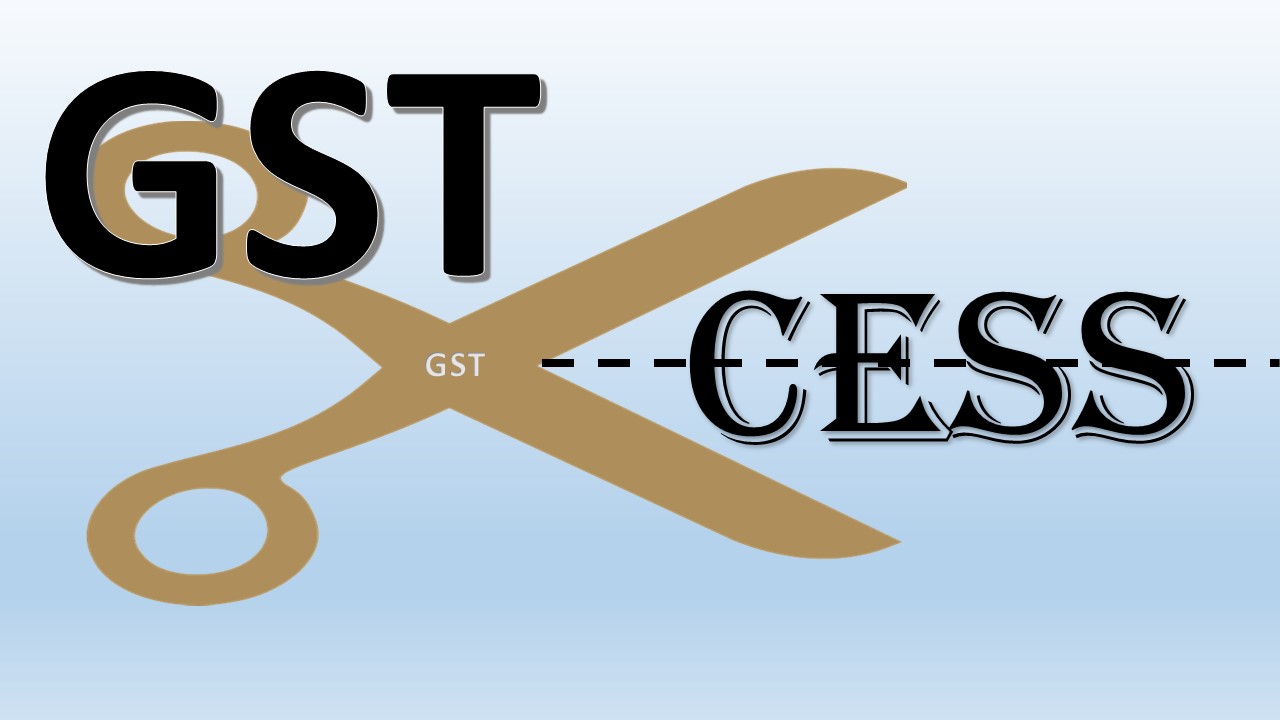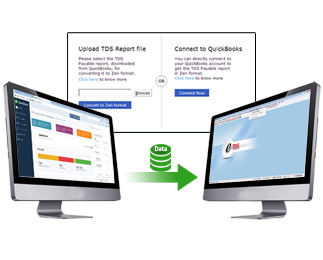Invoice related queries in GST
Introduction:
Invoice is a document, which records the terms of an underlying arrangement between parties. An invoice does not bring into existence an agreement but merely records the terms of a preexisting agreement. GST requires that an invoice – tax invoice or bill of supply – to be issued on the occurrence of a certain event or within a prescribed time.
What is the difference between Tax Invoice & Bill of Supply?
Tax invoice is issued to charge the tax and pass on the credit. However, under GST, there are some instances where the supplier is not allowed to charge any tax and hence a Tax invoice cannot be issued instead, another document called Bill of Supply is issued.
Cases where a registered supplier/service provider needs to issue a bill of supply:
- Supply of exempted goods or services
- Supplier/service provider is paying tax under composition scheme
Particulars to be included in Tax Invoice & Bill of Supply:
| S.No. | Tax Invoice | Bill of Supply |
| (a) | name, address and GSTIN of the supplier and serial number(unique for a FY) | name, address and GSTIN of the supplier and serial number(unique for a FY) |
| (b) | date of its issue | date of its issue |
| (c) | name, address and GSTIN or UIN, if registered, of the recipient | name, address and GSTIN or UIN, if registered, of the recipient |
| (d) | name and address of the recipient and the address of delivery and place of supply with name of State | HSN Code of goods or Accounting Code for services |
| (e) | HSN code of goods or Accounting Code of services | description of goods or services or both |
| (f) | description of goods or services | value of supply of goods or services or both taking into account discount or abatement, if any |
| (g) | quantity in case of goods and unit or Unique Quantity Code thereof | signature or digital signature of the supplier or his authorized representative |
| (h) | total value of supply of goods or services or both | – |
| (i) | taxable value of supply of goods or services or both taking into account discount orabatement, if any | – |
| (j) | rate of tax (central tax, State tax, integrated tax, Union territory tax or cess) | – |
| (k) | amount of tax charged in respect of taxable goods or services | – |
| (l) | whether the tax is payable on reverse charge basis | – |
| (m) | signature or digital signature of the supplier or his authorized representative | – |
Note (1):
In case of exports of goods or services, the invoice shall carry an endorsement “SUPPLY MEANT FOR EXPORT ON PAYMENT OF IGST” or “SUPPLY MEANT FOR EXPORT UNDER BOND OR LETTER OF UNDERTAKING WITHOUT PAYMENT OF IGST”, as the case may be, and shall, in lieu of the details specified in clause (d), contain the following details:
(a) name and address of the recipient;
(b) address of delivery;
(c) name of the country of destination; and
(d) number and date of application for removal of goods for export
Note (2):
A registered person is not required to issue a tax invoice/bill of supply in respect of the supply of goods or services or both where the value therein does not exceed a sum of Rs.200/- subject to the following conditions, namely: –
(a) The recipient is not a registered person; and
(b) The recipient does not require such invoice,
However, in respect of such supplies, the supplier shall issue a consolidated tax invoice/bill of supply for such supplies at the close of each day in respect of all such supplies.
Issue of Invoice:
For Taxable goods:
Supplier of taxable goods is required to issue a tax invoice:
- Before or at the time of removal of the goods where the supply involves movement of goods; or
- Before or at the time of delivery of the goods to the recipient where the supply does not involve the movement of goods.
So, in order to determine when the tax invoice is to be issued, the supply must be classified into, whether it is a case of supply that involves movement or one that does not involve the movement of the goods.
Invoice shall be prepared in TRIPLICATE –
- Original marked as ORIGINAL FOR RECIPIENT
- Duplicate marked as DUPLICATE FOR TRANSPORTER and
- Triplicate marked as TRIPLICATE FOR SUPPLIER.
For Taxable services:
Supplier of services is required to issue a tax invoice:
- Before provision of the services or
- After provision of the services but within a specified time.
Time limit for issue of an invoice in case of supply of service:
- In normal cases, the tax invoice (for services) is to be issued within 30 days from the date of supply of service.
- In the case of continuous supply of services, the invoice is to be issued within 30 days from the date when each event specified in the contract, which requires the recipient to make any payment to the supplier of services, is completed.
- In the case of NBFC, bank or financial institution, the invoice can be issued within 45 days from the date of supply of services.
Invoice shall be prepared in DUPLICATE –
- Original marked as ORIGINAL FOR RECIPIENT and
- Duplicate marked as DUPLICATE FOR SUPPLIER.
Revision of already issued invoices:
Within one month from the date of registration, the taxable person may issue a revised tax invoice for supplies from the effective date of registration till the date of issuance of the registration certificate. Such person may also issue a consolidated revised tax invoice in respect of all taxable supplies made to a recipient who is not registered.
In a transaction of interstate supply where the value of supply does not exceed Rs.2.50 lakhs a consolidated revised tax invoice is to be issued separately for each of the recipients in a particular State who are not registered.
What is a receipt voucher & refund voucher?
Receipt of advance will require that a ‘receipt voucher’ be issued and not an invoice. It should contain the particulars as may be prescribed. The particulars are somewhat similar to those contained in the tax invoice.
Whenever a transaction envisages issue of Receipt Voucher but thereafter does not translate into a transaction of supply will require the issuance of a Refund Voucher containing similar particulars.



